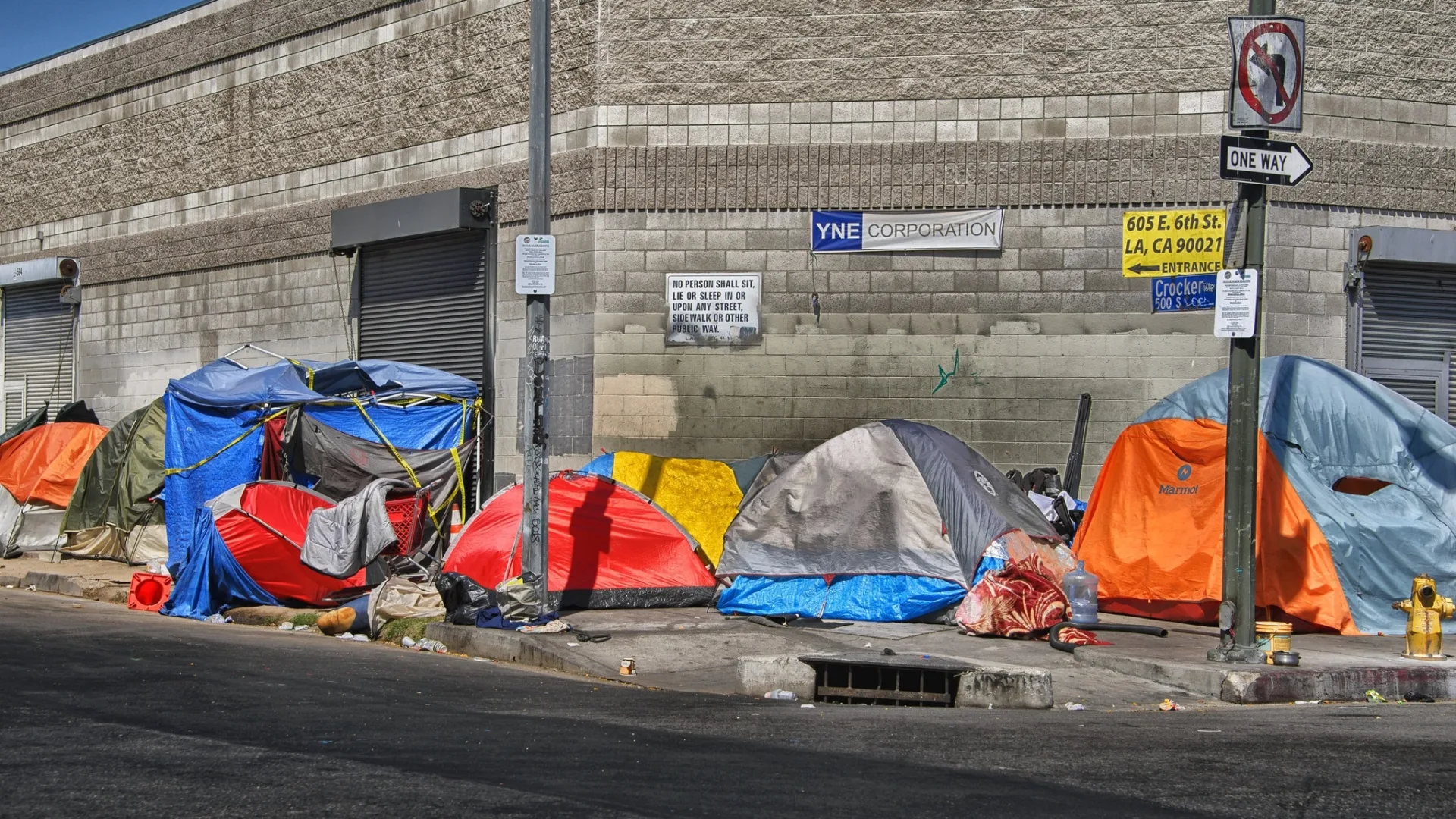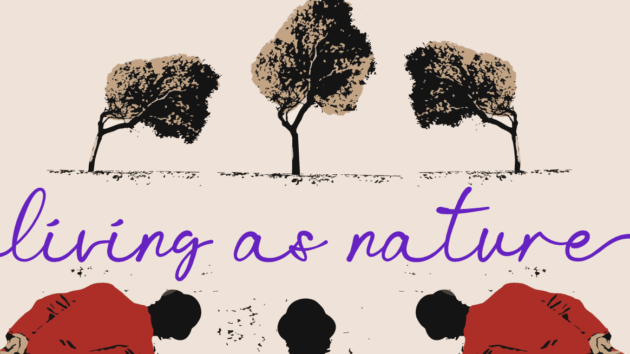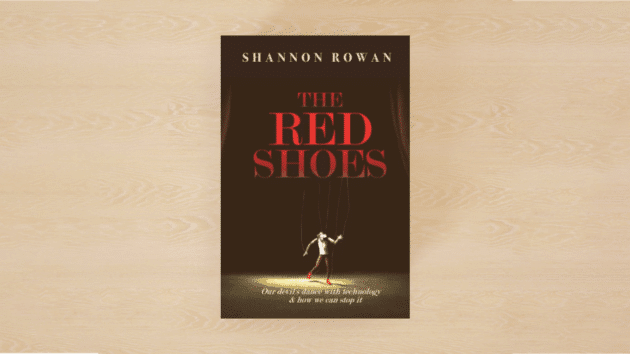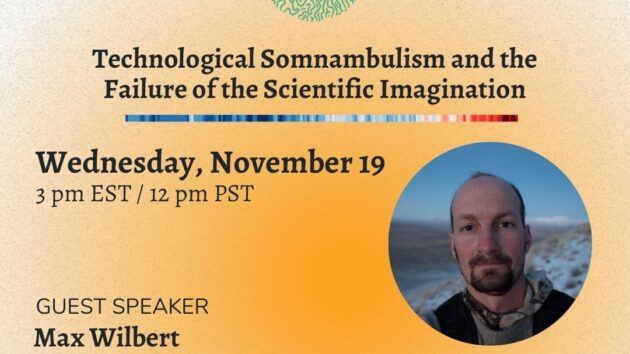Recognizing a legally enforceable civil “Right to Survive” for those fallen on hard times.
The current administration’s wish for a “sweeping” crack down on people experiencing homelessness in California has made headlines across the nation. In his public confrontation with California, Trump signaled he wants more raids on homeless encampments and his administration discussed housing people in government-backed detention facilities.
At best, critics have called the ideas a continuation of society’s criminalization of people who don’t have a place to sleep, and at worse “internment camps for people experiencing homelessness,” according to Bob Erlenbusch, executive director of the Sacramento Regional Coalition to End Homelessness.
Treating people who don’t own or rent homes as if they were social inconveniences having no rights worth respecting is as American as apple pie. Today, we are in an inequality crisis—and this presents an opportunity for truly transformative ideas that recognize the humanity of the down and out.
A Right to Survive law emerges from grassroots
In May 2019, Denver voted on a “Right to Survive” ordinance for people experiencing homelessness.
Denver’s campaign was led by Denver Homeless Out Loud. It advanced a truly grassroots demand for humanitarian public policies and gained the support of the Western Regional Advocacy Project. CELDF helped draft the ordinance.
The Denver “Right to Survive” initiative would have overturned a city law that bans resting and sheltering in public spaces. Beyond this, the law was visionary in how it laid out new enforceable human rights for people experiencing homelessness that would have given them new standing in court to sue when their rights are violated.
University of Denver Sturm College of Law Homeless Advocacy Project said the initiative “would affirm the dignity of people experiencing homelessness, affording them basic constitutional rights such as protecting themselves from the elements and freedom from unreasonable searches and seizures.” The American Civil Liberties Union of Colorado and others also supported the proposed law.
Opposition emerges from the wealthy
Wealthy interests, including large energy companies, spent a whopping $2.4 million to defeat the measure at the polls in May. Many of Colorado’s most powerful interests, including Downtown Denver Business Partnership, the highly influential corporate campaign group Colorado Concern, energy companies, major law firms, investment firms, banks, real estate interests, as well as major national lobbies like the National Restaurant Association, National Association of Realtors and the National Western Stock Association contributed to defeat the measure.
Their opposition is easy to explain.
Placing private corporations under control of local civil rights law
The measure advanced a solution that was rooted in an understanding that the wealthy owners of large corporations are at war with the poor.
Along with establishing a civil “Right to Survive,” which encompassed resting, sheltering and accepting free food in a non-obstructive manner on public lands, as well as the right to sleep in cars, the initiative made it a civil rights violation for police, the city, private corporations and private security to violate the right to survive in public.
This is why it struck such a nerve with corporate America—the same reason it represents a truly transformative, humanizing demand.
It would have brought private corporations under the control of a local civil rights law. This digs at deep legal doctrine.
Private corporations, including private security companies, would have been governed by this law. Though it seems perfectly sensible that civil rights would protect individuals from private corporations, this idea is actually tremendously radical in the context of American legal history.
The fallout from granting corporations “rights”
This is because of a lesser-known consequence of corporate “rights”—enshrined by the U.S. Supreme Court in 1883—that they effectively exempted corporations from respecting the constitutional rights of citizens.
Despite the fact that corporations are created by the state through the issuance of corporate charters, and licensed by the state to do business, the Supreme Court ruled that corporations are not “state actors.” They ruled that the Bill of Rights protects people against government violation of rights, but not against “private” businesses that violate those rights. Just three years after liberating corporations from public responsibility, the Court declared without argument that corporations were “persons” with constitutional rights of their own, which local, state and federal laws are forbidden to violate.
Denver’s “Right to Survive” initiative challenges these court-manufactured legal doctrines. And this is what we need, to correct the wrong-headed decisions of the Supreme Court, while simultaneously fighting alongside the most marginalized for systemic change in the law.
Though they lost at the polls, this idea of a real human Right to Survive was born.
Ben Price is the National Organizing Director of the Community Environmental Legal Defense Fund, which assisted Denver Homeless Out Loud in drafting the Right to Survive ordinance.
Featured Image: Tenting by Russ Allison Loar, Flickr Creative Commons



